- Sunday, April 28, 2024
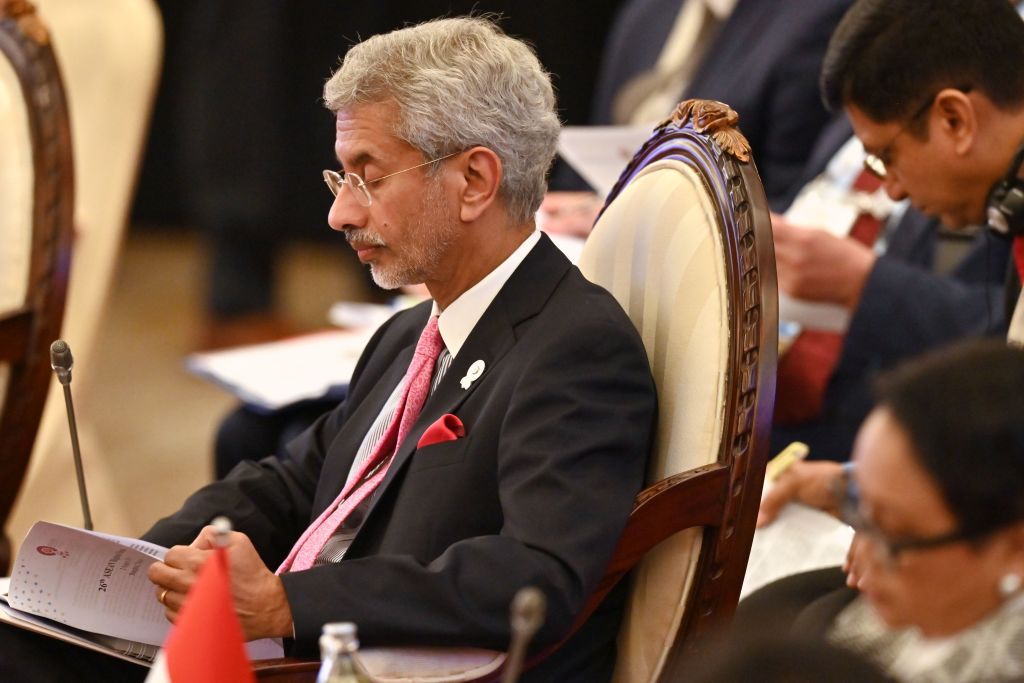
By: Shubham Ghosh
India’s external affairs minister (EAM) S Jaishankar on Tuesday (22) said talks between parties in Afghanistan have not seen a reduction in violence in the war-ravaged nation. Speaking in reference to the UN secretary general’s report on the situation in Afghanistan, he said the violence has only surged, especially after May 1.
“The country (Afghanistan) has been witnessing targeted attacks on religious and ethnic minorities, girl students, Afghan security forces, ulemas, women occupying positions of responsibility, journalists, civil rights activists and youth,” Jaishankar said in his remarks at the UN Security Council debate on the UN Assistance Mission in Afghanistan.
“It is therefore crucial that the international community and, in particular, this council presses for a permanent and comprehensive ceasefire to ensure immediate reduction in violence and protection of civilian lives,” he added.
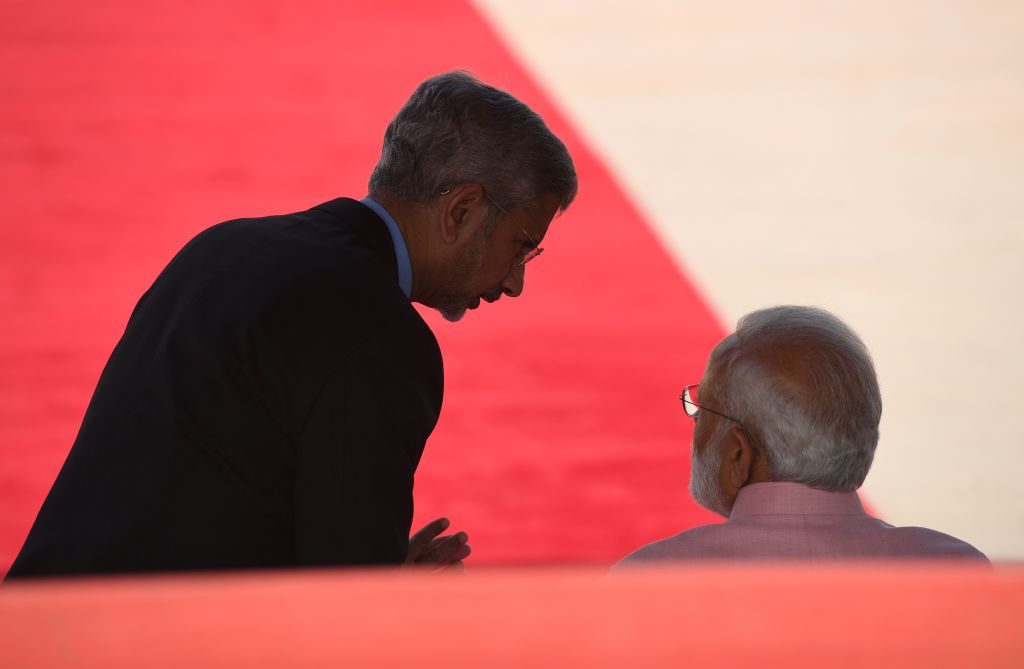
The Indian minister said a durable peace in Afghanistan requires a genuine “double peace” which means peace within and around the country. He said the effort needed harmonisation of interests if all, both within and around the country.
Jaishankar said India has supported all efforts that are being made to accelerate dialogue between the government in Kabul and the Taliban, including intra-Afghan negotiations.
“If the peace process is to be successful, then it is necessary to ensure that the negotiating parties continue to engage in good faith, eschew the path to find a military solution, and fully commit towards reaching a political solution. A tangible demonstration of this commitment is required,” the EAM said.
Afghanistan has hogged the limelight after US president Joe Biden announced in mid-April that all American troops will be withdrawn from the Asian nation by September 11. The formal withdrawal started on May 1 and it has seen a surge in violence. The US has found itself stuck in the Asian nation for 20 years since its attack on its soil in the wake of the September 11 attacks.
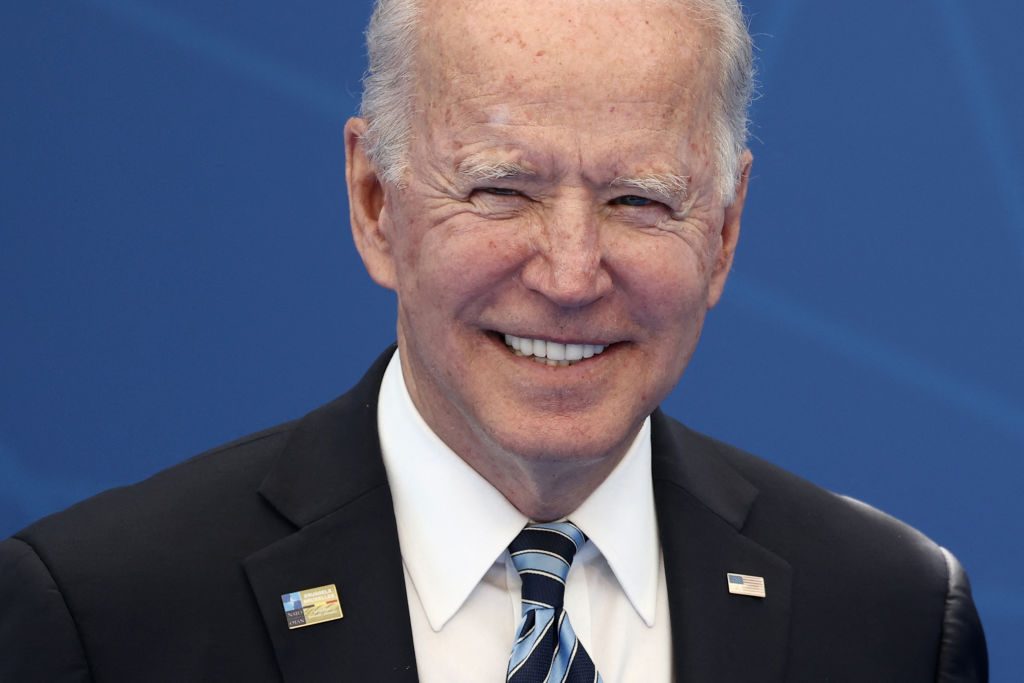
India is also among the states that face an urgency in addressing the situation in Afghanistan once the western forces pull out. On Monday, 21, it was reported that a senior Qatari diplomat involved in the Afghanistan peace process confirming that Indian officials were engaged in talks with the Taliban. Hindustan Times first reported on June 8 that India opened communication channels with Afghan Taliban factions and leaders, including Mullah Abdul Ghani Barader, at the time of America’s withdrawal from Afghanistan. The move marked a significant departure from New Delhi’s earlier position of not holding talks with the Taliban under any circumstances.
Reiterating India’s support towards a comprehensive and permanent ceasefire in Afghanistan, Jaishankar said, “We support a leading role for the United Nations, since that would help improve the odds for a lasting and durable outcome.”
“I would like to reiterate our support for an inclusive, Afghan-led, Afghan-owned and Afghan-controlled peace process. Any political settlement in Afghanistan must ensure that the gains of the last two decades are protected, and not reversed,” he said, adding, “It should, therefore, preserve the constitutional democratic framework and ensure the protection of rights of women, children and minorities.”
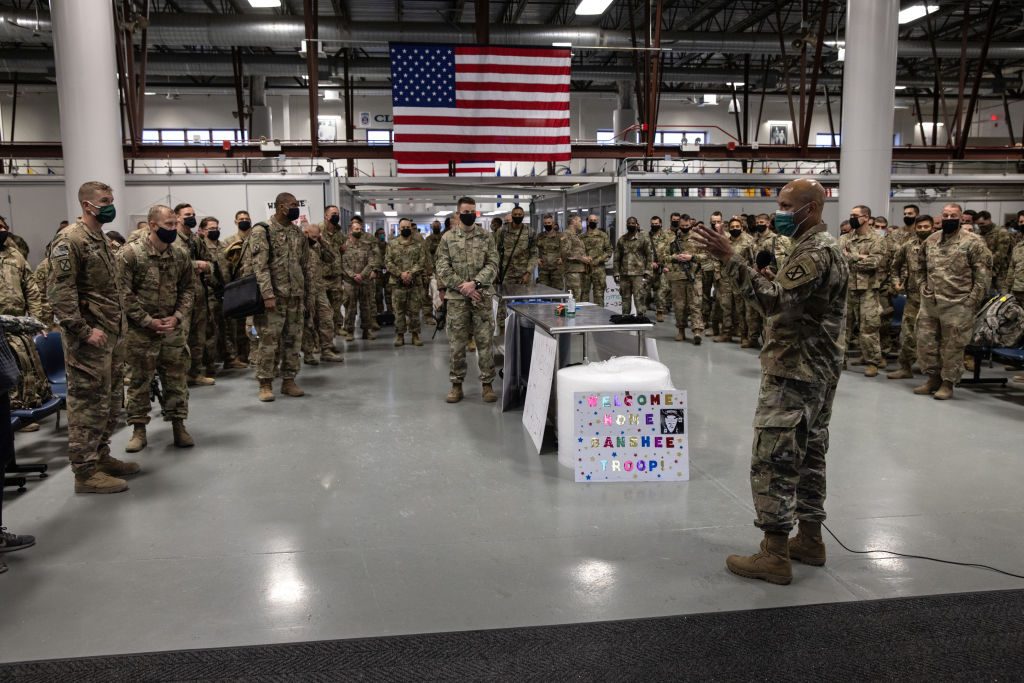
Jaishankar indirectly targets Pakistan
“For enduring peace in Afghanistan, terrorist safe havens and sanctuaries must be dismantled immediately and terrorist supply chains disrupted. There needs to be zero tolerance for terrorism in all its forms and manifestations including its cross-border one. It is equally important to ensure that the territory of Afghanistan is not used by terrorist groups to threaten or attack any other country,” Jaishankar categorically pointed out. Though he didn’t take the name of Pakistan, it was not too difficult to understand that his target was Afghanistan’s eastern neighbour which has often been accused of supporting terrorist activities on its soil.
“Those providing material and financial support to terrorist entities must be held accountable. We, as international community, must ensure that our commitments to Afghanistan, including to its various institutions are maintained,” he added.
Stating India’s commitment towards supporting Afghanistan in times of its transition, the Indian diplomat said, “Our development partnership, including more than 550 Community Development Projects covering all 34 provinces, is aimed at making Afghanistan a self-sustaining nation. Additionally, we have just recently signed a Memorandum of Understanding with the Government of Afghanistan for building the Shatoot dam, which would provide safe drinking water to the residents of Kabul city.”
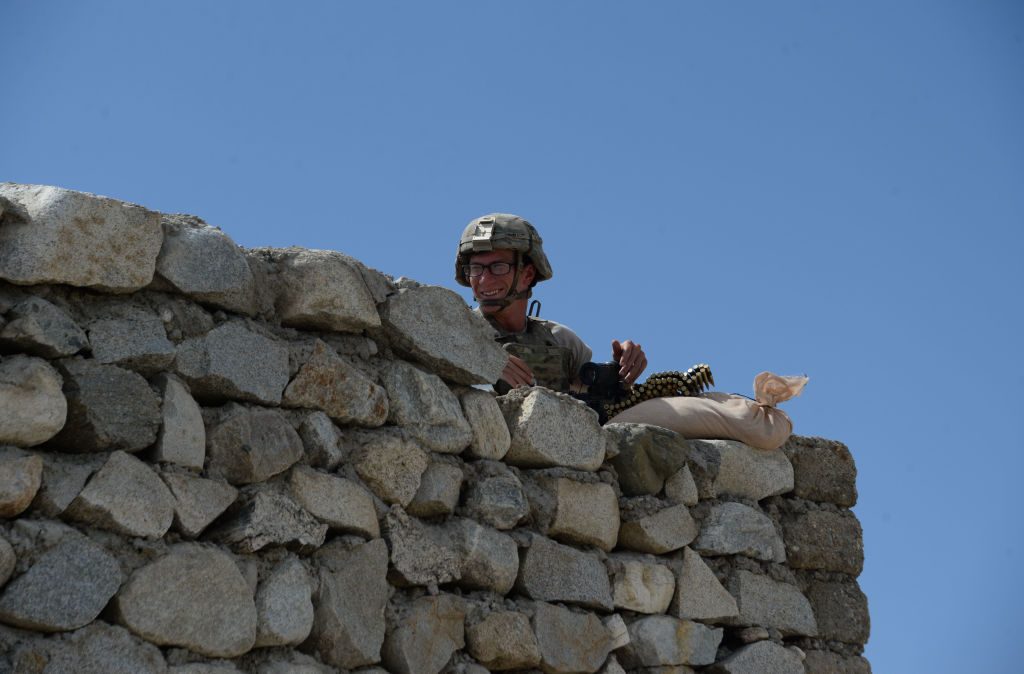
“To provide greater regional connectivity, India has operationalized air freight corridors and the Chabahar Port. India also extended humanitarian assistance of 75,000 MT of wheat to Afghanistan through the Chabahar Port to overcome food insecurity in view of the COVID-19 pandemic,” he added.
Further, as a part of our endeavour to help Afghanistan tide over the COVID-19 pandemic, “we have supplied Made-in-India vaccines to Afghanistan, both bilaterally and through the COVAX facility,” the EAM said.
Jaishankar also said that India continues to support Afghanistan in ensuring restoration of normalcy through a legitimate democratic process which is essential for the long-term stability of both that country and the region.
(With India News Network inputs)
![]()